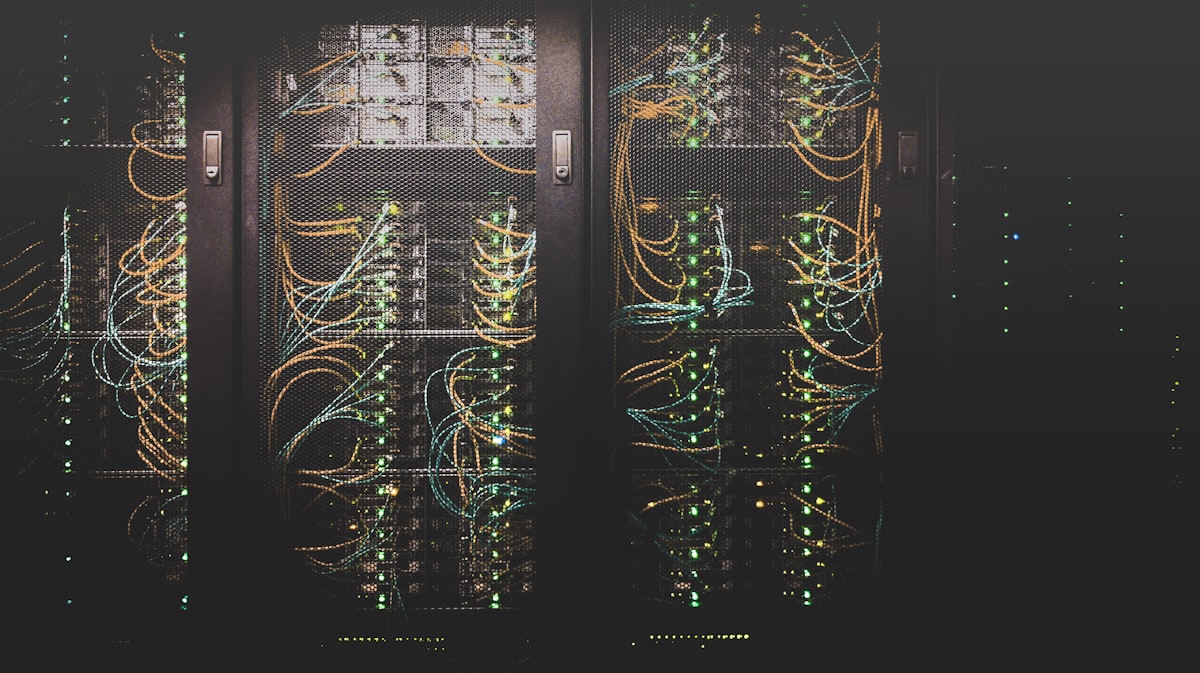Artificial Intelligence (AI) has emerged as one of the most transformative technologies of the 21st century, revolutionizing various industries and reshaping the way we live, work, and interact. From virtual assistants and self-driving cars to advanced healthcare systems and intelligent algorithms, AI has permeated nearly every aspect of our daily lives. In this article, we’ll explore the fundamentals of artificial intelligence, its applications, challenges, and future prospects.
What is Artificial Intelligence?
At its core, Artificial Intelligence refers to the simulation of human intelligence processes by machines, particularly computer systems. These processes include learning (the acquisition of information and rules for using it), reasoning (using rules to reach approximate or definite conclusions), and self-correction. AI systems are designed to perform tasks that typically require human intelligence, such as visual perception, speech recognition, decision-making, and language translation.
Types of Artificial Intelligence:
- Narrow AI (Weak AI): Narrow AI, also known as Weak AI, is designed to perform a specific task or a narrow range of tasks. Examples include virtual assistants like Siri and Alexa, recommendation systems, and image recognition algorithms.
- General AI (Strong AI): General AI, also referred to as Strong AI, is an artificial intelligence system with generalized human cognitive abilities. Unlike narrow AI, which is designed for specific tasks, general AI possesses the ability to understand, learn, and apply knowledge across different domains. General AI remains a theoretical concept and is yet to be achieved.
- Artificial Superintelligence (ASI): Artificial Superintelligence refers to an intelligence that surpasses human intelligence in every aspect, including creativity, social skills, and general wisdom. ASI represents the hypothetical scenario where AI systems exhibit capabilities far beyond human comprehension.
Applications of Artificial Intelligence:
- Healthcare: AI is revolutionizing healthcare by enabling predictive analytics, personalized medicine, medical image analysis, and virtual health assistants.
- Autonomous Vehicles: Self-driving cars and autonomous vehicles rely on AI algorithms for navigation, object detection, and decision-making, paving the way for safer and more efficient transportation systems.
- Finance: AI-powered algorithms are used in finance for fraud detection, algorithmic trading, risk assessment, and personalized financial services.
- Natural Language Processing (NLP): NLP techniques enable machines to understand, interpret, and generate human language, facilitating applications such as language translation, sentiment analysis, and chatbots.
- Robotics: AI-powered robots are employed in various industries for tasks ranging from manufacturing and logistics to healthcare and exploration.
Challenges and Ethical Considerations:
Despite its tremendous potential, AI also presents various challenges and ethical considerations, including job displacement, algorithmic bias, privacy concerns, and the ethical implications of autonomous decision-making.
Future Prospects:
The field of Artificial Intelligence continues to advance rapidly, with ongoing research and development pushing the boundaries of what AI systems can achieve. Future prospects include advancements in deep learning, reinforcement learning, quantum computing, and the exploration of ethical AI frameworks to ensure responsible AI deployment.
Conclusion:
Artificial Intelligence holds immense promise to transform industries, improve efficiency, and enhance human capabilities. By understanding the fundamentals of AI, exploring its applications, addressing challenges, and considering ethical implications, we can harness the full potential of this transformative technology to create a better future for humanity.







